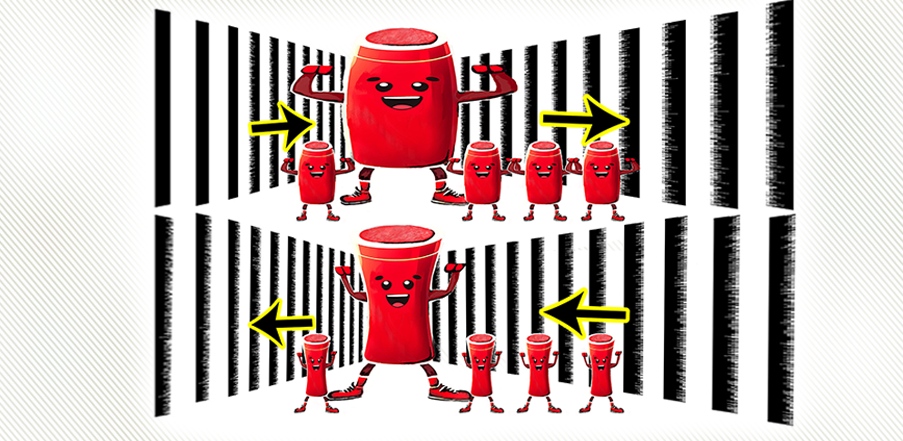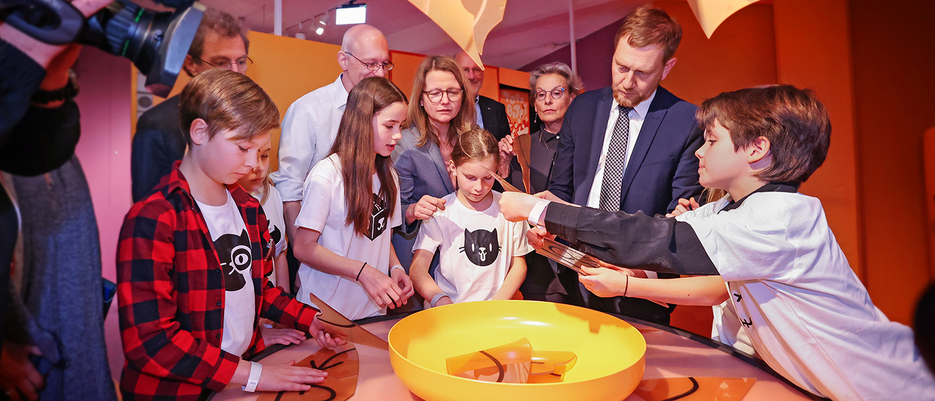Hardening consumer caution a sign of the times Cautiousness in Australian consumers is rapidly hardening into a long-term conservative spending outlook that is likely to have major impacts on retailers and B2C businesses, according to new McKinsey & Company research. While top-line Australian consumer sentiment staged a rally when most states emerged from lockdown, this may have been more a sigh of relief than a signal of hope. In the latest insight from our Australian Consumer series, McKinsey dives below the top-line sentiment, spending and employment figures, to explore the true state of Australian consumers’ mindsets in Australia’s Next Normal: the Cautious Consumer. What we find is a hardening of attitudes. There’s a strong intent to pull back spending from almost all types of consumer. Key impacts are: ● price consciousness is on the rise; ● just-in-time consumption will be depressed for some time; ● spending capacity will continue to be radically and unpredictably affected as government support is progressively wound back. “The cautious consumer is not a passing phenomenon, it’s here to stay”, says Jenny Child, series co-author and leader of McKinsey’s Consumer Packaged Goods and Retail practices in Australia and New Zealand. “Concern over the health of our finances is having an impact on sentiment, which will deepen and broaden over the rest of the year, as lagging economic effects from lockdown impact more individuals and households.” The Cautious Consumer highlights that short term supports – such as government assistance, interest relief, or super drawdown – are delaying the full consumer impact of COVID-19’s economic impact. While consumption and confidence rose in May and June, hours worked did not – creating a gap between consumer perception and employee reality. A 10.3% reduction in hours worked amongst employees shows that headline unemployment figures are only part of the story. While recent announcements to extend more targeted, lower-value JobKeeper payments until March 2021 will smooth the withdrawal of stimulus, it will not cushion the full impact of COVID-19 on household incomes, and households are tightening spending in anticipation. From early April, roughly 60% of Australians in McKinsey’s consumer insight surveys reported being very or extremely concerned about the economy, and it has remained their top concern since. “Australians are realising that battling COVID-19 will be a marathon not a sprint, and longstanding recession behaviours such as frugality, re-use and shifts to promotional hunting and discount channel shopping are on the rise,” says Child. McKinsey’s research finds four distinct segments emerging amongst Australian consumers: 1. Making ends meet: those who were struggling pre-COVID-19 financially and continue to struggle 2. Optimistic but cautious: those who worry about health and the economy but are more secure financially 3. Stable and consistent: the highest income segment, having experienced a small amount of financial impact, but relatively stable in mindset and behaviours 4. Income in jeopardy: those who have had a significant change in household income as a result of COVID-19, with a fear of it worsening “These segments help us gain more granular insights and implications of how to respond”, says Child. “However, there’s a strong intent to pull back spending across almost all segments of consumers.” “There’s no question that when consumption tracks downward, and consumers become more price-conscious, it becomes very tough to navigate. But businesses prepared to build a new ‘playbook,’ and move nimbly and get ahead of the changing needs of consumers, stand the best chance of creating growth plans out of a challenging period.” |
The Story of the Australian Consumer series explores the unique impact of the COVID-19 pandemic on Australian consumer sentiment, confidence and behaviours. It draws on McKinsey’s latest research and industry insights, including in-depth analysis of the firm’s Australia consumer sentiment research, perspectives from industry leaders, and the first daily household diary study of Australian consumers living, working and learning in enforced isolation. Click here to view article 1 in the series: The curse of ‘The Lucky Country’: In search of economic antidotes to COVID-19 Click here to view article 2 in the series: Emerging from COVID-19: Australians embrace their values Click here to view article 3 in the series: As physical door close, new digital doors swing open |
Please |
Hardening consumer caution a sign of times
McKinsey
/Public Release.








